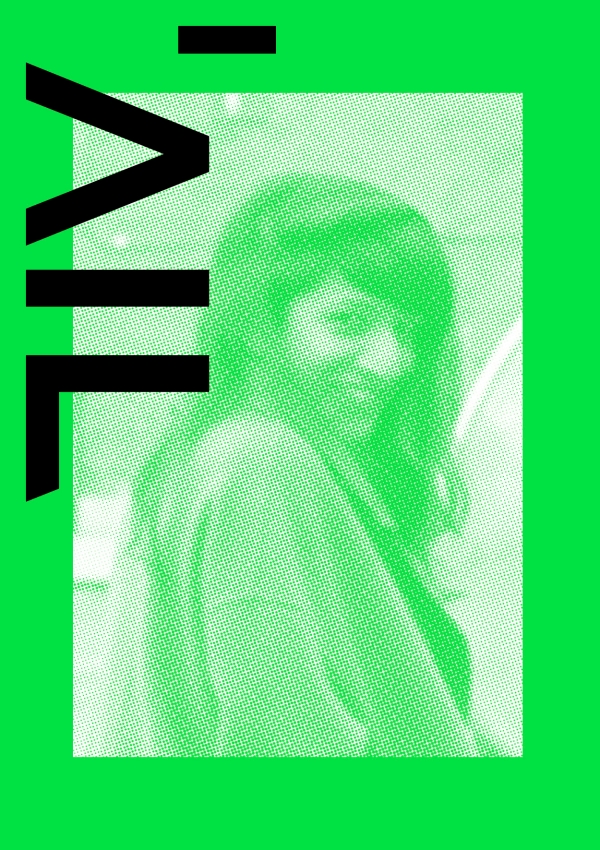Megan Fernandes: Flow
Part of ROUGH TRANSLATION – Language Arts between
Exclusion and Solidarity: LAB 2_Performing Politics
Sprachkunst
Series of
readings and performances (in English), presented by the department of Sprachkunst and the department of Transkulturelle Studien
– Which language do I speak – in a hierarchy of languages? How to translate politics into poetry?
In
this lecture, we discuss the philosophies and techniques of ‘flow’ in poetry as respiratory, sermonic, and ecstatic through
a variety of historical and critical contexts including Islamic mysticism, the Black Arts movement, contemporary hip hop,
the New York School, and Pacific Islander poetry.
Participants will discuss and experiment with prompts that focus on
pace, breathwork, vocal delivery, voltas, syllabic accentuation, pause, enjambment, etc. In addition, we will discuss what
are the political aspects of ‘flow’ in our contemporary culture.
Who has access to breath and who doesn’t? How is our
flow of consciousness shaped by our digital lives? What kind do certain obsessive patterns of thought tell us about how our
own flow is constructed? What does it mean to ‘go with the flow’ and maybe more importantly, what does it mean to move against
it?
Megan Fernandes is a writer living in NYC. She was born in Canada and raised in the Philadelphia area. Her family
are East African Goans.
Her critical-poetic project, entitled The Poetics of Suspense, is an ongoing series of
environmental cinépoems about suspense in different aquatic sites off the coast of mainland Sicily and the Aeolian Islands.
Using the influential methods of sensory ethnography filmmaking, her project particularly explores how suspense is temporally
anchored in a liminal space better represented through the aesthetics of being underwater.
Her most recent book of poetry,
Good Boys, was a finalist for the Kundiman Book Prize, the Saturnalia Book Prize, the Paterson Poetry Prize, and was published
with Tin House Books in February 2020. Her next book of poetry, I Do Everything I’m Told, will be published by Tin House in
summer 2023.
Hala Alyan writes about Good Boys: ‘These are poems of haunting and hunting, of bodies that are remade into
different cities, of family and its legacy, of immigration and what it takes from us.The collection traverses time and place,
meditating on the way love shatters and recreates us all, particularly when it intersects with being othered. Fernandes writes
compellingly of the dislocation that comes with migration.’
About Rough Translation:
Which
language do I speak – in a hierarchy of languages? How to translate politics into poetry? And what is happening during the
transformation? How to perform it, as a poem? How can an artistic use of language oppose propaganda, fake news, disinformation?
Can it do that at all? And can we translate poetry into political praxis?
As part of ROUGH TRANSLATION, we would
like to address these questions in a series of readings and performances in Vienna.




